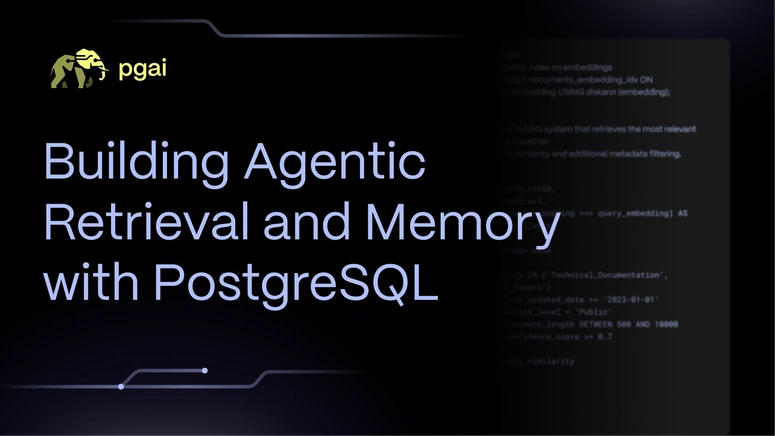GraphQL, MongoDB, and PostgreSQL (pgsql) using the given SQL query:
GraphQL:
In GraphQL, the equivalent query might look like this:
query {
employees(where: { department: "IT" }, orderBy: { hireDate: "DESC" }, limit: 10) {
id
name
// Include other fields as needed
}
}
This is just an example, and the actual query structure would depend on your GraphQL schema and the way your server is set up.
MongoDB:
In MongoDB, you would typically use the find method with sort and limit:
db.employees.find({ department: "IT" }).sort({ hireDate: -1 }).limit(10);
This assumes that your MongoDB collection is named employees. Adjust the collection name and fields as needed.
PostgreSQL (pg-promise library in Node.js):
In PostgreSQL with Node.js using the pg-promise library, the equivalent might be:
const employees = await db.any(
'SELECT * FROM employees WHERE department = $1 ORDER BY hire_date DESC LIMIT 10',
['IT']
);
This assumes that you have a connection to your PostgreSQL database through the db object. Adjust the table name, field names, and connection details based on your setup.
Remember that the exact syntax and method of querying can vary based on your specific GraphQL schema, MongoDB setup, or PostgreSQL configuration. Please adapt these examples to fit your actual data structure and environment.




Top comments (0)